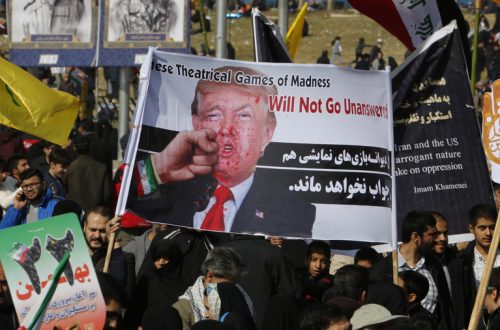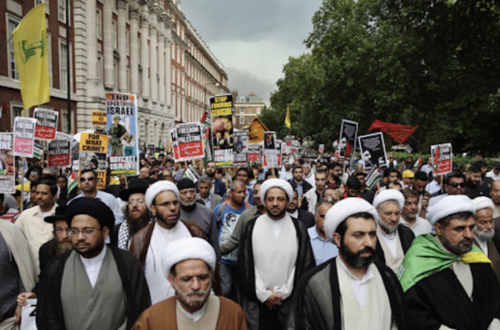George Packer writes:
[T]he crisis in Iran has flushed out all the pathologies of American foreign-policy thinking, or feeling, in the post-Bush era. It’s become weirdly difficult for commentators on both the right and the left to have anything close to a normal reaction to what the world is seeing. Instead, everything gets filtered through what you think about Bush, Iraq, Obama, Israel, and other subjects that have extremely tenuous connections to internal politics in Iran and the actions of the people and the state there. On the one hand, certain neoconservatives and hard-line defenders of Israel (Max Boot, Daniel Pipes) have sounded not in the least sorry about Ahmadinejad’s corrupt re-election, or even come right out and welcomed it, demonstrating that neoconservatism is an offshoot of Leninism in its preference for the morally bankrupt position of “the worse, the better.” (Credit where it’s due: Bill Kristol’s view on the events in Iran is uncharacteristically restrained.) Martin Peretz so despises the Islamic world that he’s convinced himself (going on nothing more than a “sense”) that Iran, contrary to all the evidence, is overwhelmingly Ahmadinejad country.
This is also the view of Peretz’s ideological opposites, Flynt and Hillary Mann Leverett, who twist the facts into a remarkable contortion of perverse interpretations, narrow legalisms, and ill-informed suppositions to prove what they must have wanted to believe from the outset. Why would a pair of dovish realists end up in the same place as a pro-Israel hawk? Because in both cases they want Ahmadinejad to represent the “true” face of Iran—in the Leveretts’ case, because they want the U.S. to negotiate with him; in Peretz’s case, because he doesn’t. Utterly lost are the subtleties, the dynamics, the aspirations of Iranian politics and Iranians themselves. As Stephen Walt, an ideological ally of the Leveretts and mortal foe of Peretz, wrote: “In the end, what really matters is the content of any subsequent U.S.-Iranian rapprochement, not the precise nature of the Iranian regime. If diplomatic engagement led to a good deal, then it wouldn’t matter much who was running Iran.” Unless, of course, you’re an Iranian.
Read it all.


